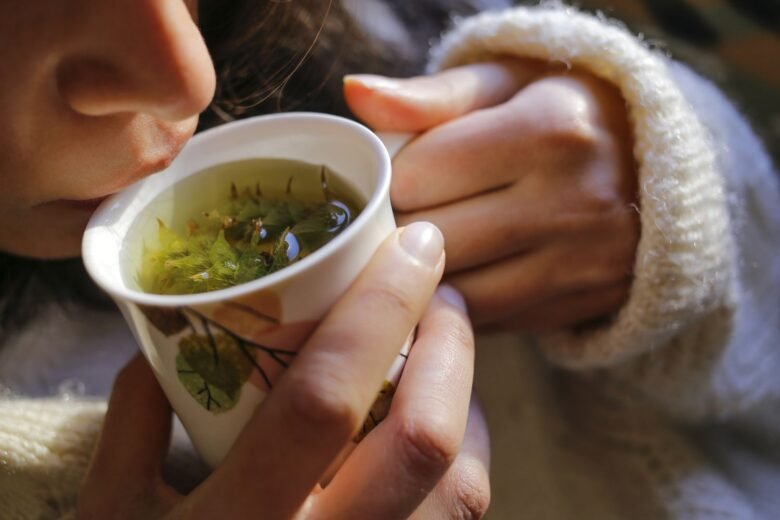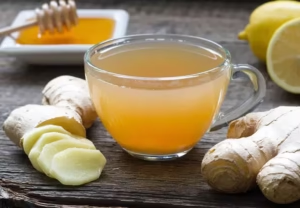Many people today want safer, gentler alternatives to conventional medicine for everyday health concerns. The growing interest in herbal care often comes from a desire to avoid unnecessary side effects, save money, and work with the body’s natural healing processes. Yet for beginners, the world of herbal remedies can feel overwhelming, with so many plants, preparations, and claims to sort through.
This guide breaks down the basics of herbal care in simple, practical steps. You’ll learn how to choose the right herbs, prepare them effectively, and use them safely for common ailments. By the end, you’ll have a clear foundation to start exploring herbal healing confidently in your own home.
1. Understanding the Basics of Herbal Healing
Herbal healing uses plants or plant-based preparations to support the body’s natural functions. Many herbs have been used for hundreds or even thousands of years to address common health issues such as colds, digestive discomfort, or mild stress.
For a beginner, it’s important to view herbs as supportive, not magic cures. They work best as part of a healthy lifestyle that includes good nutrition, rest, and regular activity. For example, chamomile tea can help you relax, but it works even better when combined with a calming bedtime routine.
2. Choosing Quality Herbs
The effectiveness of herbal care depends heavily on the quality of the herbs you use. Look for products that are organic, pesticide-free, and sourced from reputable suppliers. Freshness matters—dried herbs should still have a noticeable color and aroma.
If you grow your own herbs, harvest them at their peak and store them in airtight containers away from light and moisture. A sprig of fresh mint from your garden will taste and work better than something that’s been sitting on a shelf for years.
3. Common Starter Herbs for Beginners
Some herbs are safe, gentle, and versatile, making them ideal for those just starting out:
- Chamomile – Calming for stress, helps with mild digestive issues.
- Peppermint – Relieves nausea, bloating, and headaches.
- Ginger – Eases digestive upset and supports circulation.
- Lavender – Promotes relaxation and helps with sleep.
- Echinacea – Supports the immune system during colds.
These herbs are easy to find and work well in teas, tinctures, or simple home remedies.
4. Safe Ways to Prepare Herbs at Home
There are several easy ways to prepare herbs for everyday use:
- Herbal teas (infusions) – Steeping herbs in hot water draws out beneficial compounds.
- Decoctions – Simmering harder plant parts like roots or bark to extract their properties.
- Tinctures – Alcohol-based extracts that preserve herbs for long-term use.
- Salves and balms – External preparations for skin care and minor wounds.
If you’re new, start with herbal teas—they’re simple, safe, and effective for many common needs.
5. Herbal Remedies for Everyday Ailments
You can address many small, non-emergency health issues with herbal care:
- Colds and flu – Echinacea tea or elderberry syrup can shorten duration.
- Digestive troubles – Peppermint or ginger tea can settle the stomach.
- Mild anxiety – Chamomile or lemon balm tea offers gentle calming effects.
- Minor skin irritations – Aloe vera gel or calendula salve soothes the skin.
These remedies won’t replace medical care for serious conditions, but they work well for mild discomforts.
6. Safety Guidelines for Herbal Care
Herbs are natural, but that doesn’t mean they’re risk-free. Some herbs can interact with medications or cause allergic reactions. Pregnant or breastfeeding women should be especially cautious.
Always research an herb before using it. Start with small amounts and pay attention to how your body responds. If you have a medical condition or take prescription drugs, check with a qualified health professional before starting new herbal remedies.
7. Building an Herbal First Aid Kit
An herbal first aid kit keeps useful remedies within reach. Consider including:
- Dried chamomile and peppermint for teas.
- A jar of raw honey (soothes sore throats and minor wounds).
- Aloe vera gel for burns and skin irritation.
- Calendula salve for cuts and scrapes.
- Ginger tea bags for nausea relief.
Store your kit in a cool, dry place, and check regularly to replace expired or degraded items.
8. Growing Your Own Healing Herbs
Even with little space, you can grow a small selection of healing herbs. A sunny windowsill can support basil, mint, thyme, and oregano. If you have outdoor space, add lavender, chamomile, and lemon balm.
Growing your own ensures freshness and allows you to control how your plants are cultivated. It’s also deeply rewarding—there’s something satisfying about sipping tea made from herbs you grew yourself.
9. How to Stay Motivated in Your Herbal Journey
Building skill and confidence with herbs takes time. Keep a simple herbal journal to track what you use, how you prepare it, and the results you notice. This helps you refine your approach and remember what works best for you.
Join online groups or local workshops to connect with others interested in herbal care. Sharing tips and experiences keeps you inspired and provides new ideas. Reward yourself when you try a new herb or make a remedy successfully—celebrating progress encourages you to keep going.
Final Thoughts
Starting with herbal care opens the door to a more natural, self-reliant approach to health. You don’t need to know everything at once—begin with a few safe, familiar herbs and expand your knowledge gradually.
By using herbs thoughtfully and consistently, you can support your body in gentle, effective ways. Over time, you’ll develop the skills and confidence to make herbal care a trusted part of your wellness routine.




